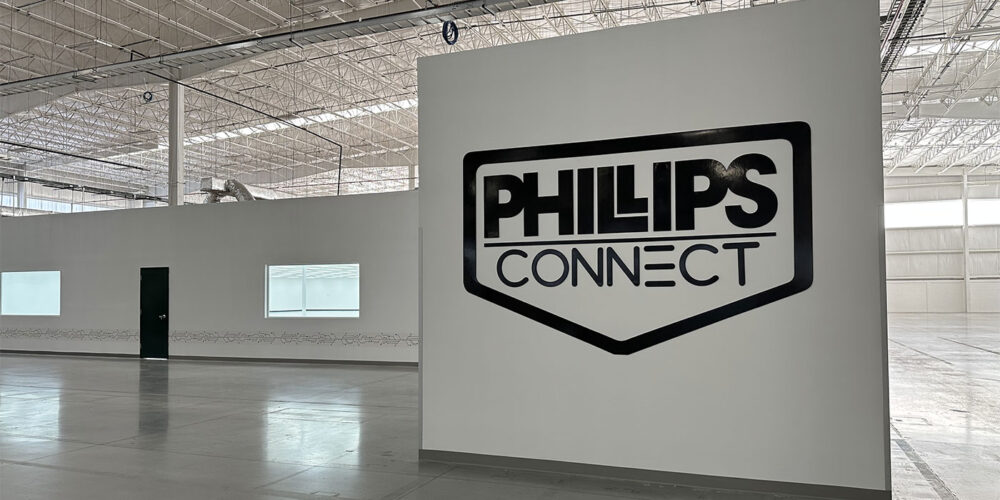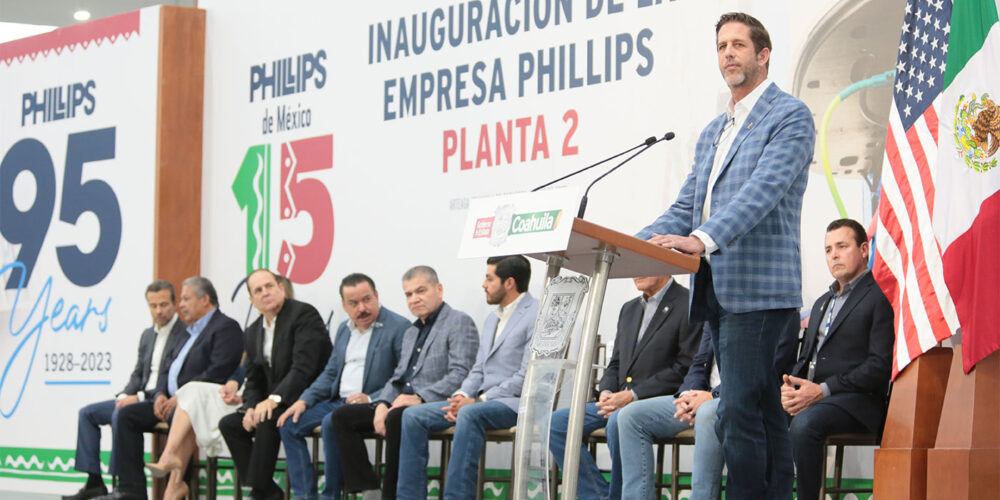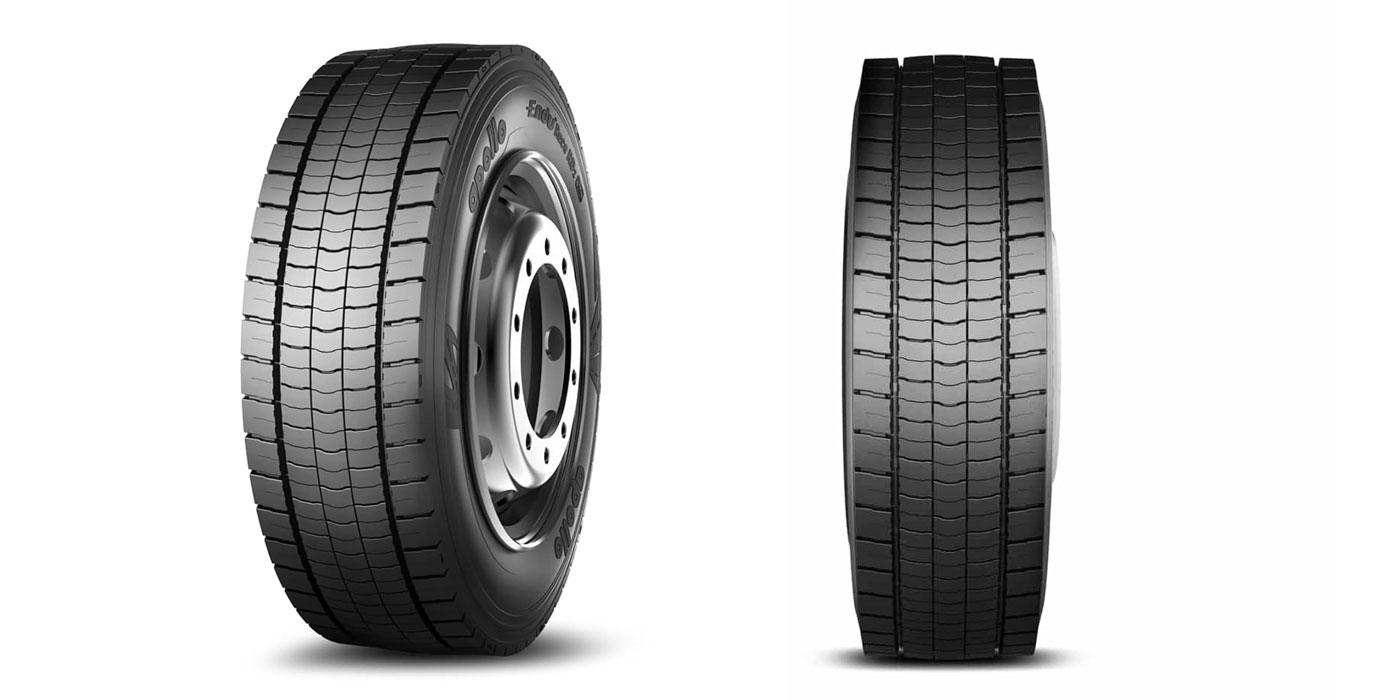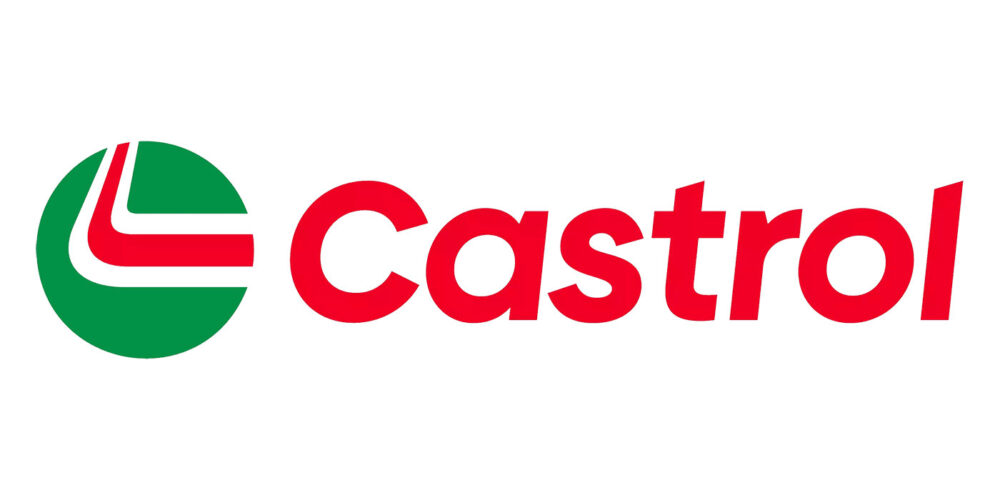Smart trailers have the potential to revolutionize the way some fleets run routes. Having real-time data on the condition of the trailer and its cargo means fleets can better optimize their routes, reduce idle time, improve fuel efficiency, monitor and report on important safety factors, prevent theft, and much more. For fleet managers, this increased level of visibility into their operations has already become a game-changer.
Competition in the smart trailer market is fierce, so manufacturers in this category are competing to demonstrate their real value in an effort to come out on top. While in Arteaga, Mexico for the grand opening of Phillips Industries and expansion of Phillips Connect, Rob Phillips, president and CEO of Phillips Connect, told Fleet Equipment that there’s more demand for the company’s smart trailer products than ever, partly due to some incredibly strong supplier relationships and a top-notch, trusted international team.
Read on as we pick Phillips’s brain about the company’s strategy in developing the future of smart trailer technologies, how electrification and autonomy fit into its production plans, why Mexico is such an important puzzle piece for Phillips, and how the company’s relationships have been key to the success of Phillips Connect.
Fleet Equipment (FE): You began your Phillips Connect presentation to us by saying “the smart trailer revolution is here.” What exactly did you mean by that?
Phillips: We’re just doing a lot more. We started with sensors for brakes, lights, and tires, and we’ve expanded quickly into capabilities like tracking when doors are open or closed, internal temperatures of trailers, whether the trailers are loaded or empty–even cameras inside the trailer to detect load shifts and whether it’s safe to open doors so pallets don’t fall on dock operators… we’re doing all that right now, and it’s not like we’re just talking about it. We’re actually delivering it. We supply fleets that have 24 sensors on every single trailer, and they’re asking us for more because they’re paying for themselves quickly and saving them millions of dollars. Our tech works, and our customers are continuing to dive deeper. We’re building a great audience, and they’re talking about the impact we’re making.
I feel like we’re doing the hard work. We have 130 employees, about 80 of which are engineers. I think some of the new stuff we’re getting into, like solar technologies and radar technologies, are really going to have a big place. Maybe not overnight, but it’s a strong long-term play for us. With solar, we’re working to power electric drive axles and the ability for electric trucks to send power from the trailer back to the tractor, along with a boost to the range. That’s all exciting stuff.
We’re taking risks in some areas, but we’re looking at what makes sense. A smart trailer, I can tell you right now, pays for itself quickly. We don’t compete at the $130 – $150 range like the basic GPS tracking companies sell at. I’m not interested in that business, because it’s old technology and far too limiting in its payoff. Our typical solutions sell for $500 to more than $1,000 per trailer, and the savings to fleets are multiples of that. We’re saving real money, and freeing up crazy amounts of operating capital for our customers.
FE: Do you have to think about telematics, solar and smart trailer technologies differently for electric vehicles versus diesel-powered vehicles?
Phillips: No, it works the same. Even when talking about the trailer, the trailer’s not powered and most of what we’re doing is on the trailer.
FE: How well do Phillips Connect devices integrate with the APIs from other suppliers and solution providers?
Phillips: The secret for us was collaborating with other fleets and suppliers. Instead of developing the sensors ourselves, we’re working with the best suppliers out there. We started with Hendrickson, PSI, Bendix, and Maxon, and then started expanding into Airway and other sensor manufacturers to begin integrating. We now have 22 supplier partnerships.
We do the work to line up all the APIs and communication protocols. One of our differentiators is that our gateway patents bring in every possible technology, from WiFi, Bluetooth, CAN, RS232 and 484. It’s like Rosetta Stone. You can have any standard protocol, and we can take it and send it to our cloud in a way that displays all the important trailer data on a single user interface we call Connect1.

FE: When you mentioned wanting to move manufacturing out of China during your Phillips Connect presentation, the big reason was supply chain disruptions. Is the supply chain getting any better for you?
Phillips: Yeah, it is. We’re definitely seeing it lighten up right now. For the last six months, it’s gotten a lot better. Texas Instrument chips have gotten much easier to come by. Some of the different modems are easier to get. What we found was that we have an advantage over the Fords and Toyotas because they’re trying to get 20 million chips per month, whereas we need only 40,000. It’s easier to find 40,000 than 20 million. Although, we do pay more than before because they’re harder to come by.
Where it became hard was with the small components on boards that were changing. The problem with circuit board manufacturing, which I learned the hard way through all of this, is that when you change one little component, everything downstream, including all the software and firmware, has to be updated. And you have to update it through a lot of testing.
[The U.S.] was put into a big disadvantage 15 years ago by not investing in [computer chips]. Almost all the chips are made in China or Taiwan, and the problem with Taiwan is that even though we’re good trading partners, there’s a huge black cloud between them and China, which means a greater supply risk. Now if we forget the geopolitical risk for a minute, we still have a shaky and costly supply chain that’s far from where the products get used. Companies mitigate that risk by keeping a heavy inventory, which I’m not a fan of either. And my last point has to do with the way China’s government has managed through the pandemic with long shutdowns in entire regions. Our customers demand us to be reliable, and bringing production back to North America gives us that advantage. I believe that we will be the only telematics supplier manufacturing products in North America, and this is a big advantage.
To be clear, we still operate a strong business in China, but we’ve reduced the amount of exports and now are focused on servicing our customers in China and Southeast Asia.
FE: What is it about the workforce in Mexico that you value so much?
Phillips: The workforce we have in Mexico here is so good. We have people that are fully invested in this system, [Poland’s the same way]. I think the trade schools are phenomenal. In Mexico, you can choose that you want to be in supply chain management for automotive manufacturers during your freshman year. They get a whole education–four years–of how to manage suppliers in the supply chain, and raw materials, inventory levels, and the algorithms. They learn all that in college and their “break-in” times are very short. The production employees are hard-working. I think it comes down to values and motivation.
FE: Talking about Phillips Industries now–you’re planning to move your manufacturing workforce out of California and into Mexico. When do you think this will happen?
Phillips: I’m going to go out on a limb and say May 15 of this year is our realistic date. We’re close right now. We’re probably between 70 to 80% there. I’ll add, we still have our corporate office in California. Marketing, accounting, customer service, product management, all of those.
FE: What’s the main driver for the move?
Phillips: It’s really hard to get employees right now [in California]. We used to flex our workforce. We had to bring in 30 people and we’d send 15 home the next day. We brought them in for basic, screw-turning operations, and that’s how we were able to keep up with our short lead times. Now we’re at a place where it might take us a week-and-a-half to hire one production worker. A lot of times, they come in for six hours and they don’t show up again after break. That’s the big issue, just getting employees to work.
FE: Did you consider moving that workforce to another location in the U.S.?
Phillips: We looked really closely at San Antonio, but the reality was that we’ve had so much success here [in Mexico] that [we had to ask ourselves]: Why would we build in San Antonio? We’d really be starting from scratch versus adding on to our existing team. They know how to do it, and they’ve already proven it.
FE: You have manufacturing facilities in so many different parts of the world–Europe, Southeast Asia, Mexico–what advantages does that bring you?
Phillips: A lot of companies want to buy locally. We don’t do business in Brazil because we don’t have manufacturing there. If you want to sell in South America, you’ve really got to be in Brazil, and we haven’t done that. Being in Asia, it gives us shorter lead times and the same language in a lot of cases, so it’s easier to communicate with customers there.
Europe is different because a lot of Europe speaks different languages, but we have employees from all over–from Ukraine to France to Spain, so that helps with the communication. Communication’s not a big issue there, but it’s about proximity. It’s about knowing the market really well.
We have European competitors who are trying to gain market share in North America, and they’ve struggled for seven or eight years because of the same reason we struggled in Europe. You’ve got to have people that know the business really well. You’ve got to have the fleet relationships. That’s why we acquired the company in Poland [Fortech Poland LLC in 2018], because they had people on the ground, manufacturing already established, and strong relationships. We could build off that versus trying to have a bunch of people in California trying to build a business in Europe. It just doesn’t work.














